2019 is the year we face our destiny as a species.

We think of the new year as a time for personal reflection. We make resolutions about things we want to accomplish – to make more money, change jobs, or find a new romantic relationship. I have a different feeling about 2019. I am convinced that this year, beyond any personal issue, has a different meaning. It has a meaning not just for us as individuals but for humanity as a collective.
2019 is the year we face our destiny as a species.
This seems unfortunate because it doesn’t seem we are ready to do that, in any way, shape, or form. Generally, people in our culture seem increasingly detached, distracted, and self-centered. The vacuity of the mass media and the addictive hooks of social media and the Smart Phone keep us stupefied and hypnotized. Vast numbers of people are held in thrall by false ideas and regressive philosophies such as Libertarianism, New Age escapism, conspiracism, or Christian Fundamentalism. People also remain obsessed with money and personal gratification. The possibility that we could make a collective leap in collective responsibility and empathy seems quite faint. But that is exactly what we need now. Intuitively, despite the odds, I believe it will happen.
Scientists are still learning about industrial civilization’s impact on the biosphere that sustains us. Over the last decades, they have kept revising their predictions for the future based on the evidence they uncover. At this point, the weight of that evidence has become unambiguous – and terrifying. We confront an existential threat to our immediate future caused by our extractive industries. Among the dire threats facing us are accelerating climate change, species extinction, and ocean acidification.
I still find that most people have not made the effort to grasp the severity of the existential threat. They feel foreboding and anxiety, but continue to remain vague and detached. They don’t do the difficult work of fathoming what this threat may mean for their own future – and will certainly mean for all of our children.
From studying past epochs of climate change, scientists found that changes to the climate system and atmosphere tend to follow an exponential hockey-stick curve, rather than a linear progression. This is because many feedback loops mesh together, intensifying the effects. For instance, it is only in the last decades, we discovered vast deposits of methane frozen under the Arctic and Siberian permafrost. Methane erupts as the ice melts. Methane is 30X more potent as a heat-trapping gas than CO2, even though it only lasts in the atmosphere for a decade, while CO2 lingers for a century. This is one reason we see sudden spikes in temperatures – for instance, just 15,000 years ago, there was a spike of ten degrees Celsius in under a century, perhaps as little as a decade.
We find ourselves on the precipice of bringing about exponentially accelerating changes to the biosphere that could lead to humanity’s extinction as a species within a short span of time. The Amazon, for instance, produces 20% of the Oxygen we breathe, while the plankton in the oceans produce 60% of our Oxygen. If temperatures rise a few degrees Celsius above pre-industrial levels, then we will lose most of the Amazon rainforest as we also negatively impact the life-cycles of plankton. We will asphyxiate ourselves.
I could go over the many ways we delude ourselves and how we create reasons to evade taking responsibility for what is happening. One problem is our naive faith in science and technology. Many people tend to believe that new technology will solve all of our problems as it evolves. I hope this is the case – but I am dubious, to be honest. Of course we need sustainable technologies to scale rapidly, but the fact is that our technology has created all of these problems. It cuts us off from our environment and makes us dependent on it as a substitute. We also need to change our collective behavior. This means reinventing our farming system, reducing travel and meat eating, eliminating most plastics, composting, and so on, while we make an accelerated transition to renewable forms of energy.
Some believe that the destiny of technology is to replace us – that is just an inevitable and natural process. Therefore, we shouldn’t care about our children’s future on Earth because of it. Others believe we will escape to other planets after we have annihilated this one. All of these responses seem deranged, sociopathic, to me.
There are many fatalistic ways we can look at this emergency. What they all share in common is that they evade personal responsibility. They make us feel we don’t have to commit to fight to preserve our existence on Earth. I believe we need to make a leap in the other direction: We need to accept that it is our dharma in this time to fight for our future on this planet – whatever that takes and even if it requires personal sacrifice. Even if it means we have to disobey laws and risk going to jail to preserve the Earth that sustains us.
I believe, in other words, we need a mass rising up – a virally contagious rebellion that forces governments, wealthy elites, and corporations to address CO2 emissions and other forms of ecological damage in the shortest possible time. We need massive collective efforts. These must be orchestrated by governments, unless some other method is found. This has been effective in the past. For instance, in World War Two, after Pearl Harbor, the US government shifted all its factories to wartime production in 3 months, and taxed the wealthy at more than 90% to fuel the war effort. We need a similar total investment, now, to make the transition to a regenerative and ecological society that is not in conflict with the health of the biosphere but actually supports it.
If this seems impossible, we must remember we are a very creative species. We can bring about extraordinary things – even miracles – when we set our minds to it. As someone who has focused on the ecological threat for a long time, I want to note something else as well: Once you have gotten past the stages of fear about the future and grieving for what is irrevocably lost, you reach a state of inner freedom and liberation that is intoxicating. You see the battle ahead as a great adventure – a spiritual journey into the unknown. You find peace with it, and joy within that peace.
The movement I feel has the best chance to bring about the rapid, virally contagious global movement we need now is Extinction Rebellion. I will include links to it in the comments. The great thing about XR is its principles. These include the idea that this is a “decentralized and autonomous” movement. That means nobody has to wait for permission to belong to it, or hope for a leader to show up: If you agree to abide by the movement’s principles, you can start a local affinity group immediately. You can begin organizing your community for resistance and rebellion.
I personally feel this is our last chance as a species – the hour is much later than most people realize. If we act now, we can potentially create a unifying global movement that will lead to a far more equitable, just, and participatory society as we redesign our civilization for a future that, I suspect, could be amazing beyond any of our dreams or current imaginings.


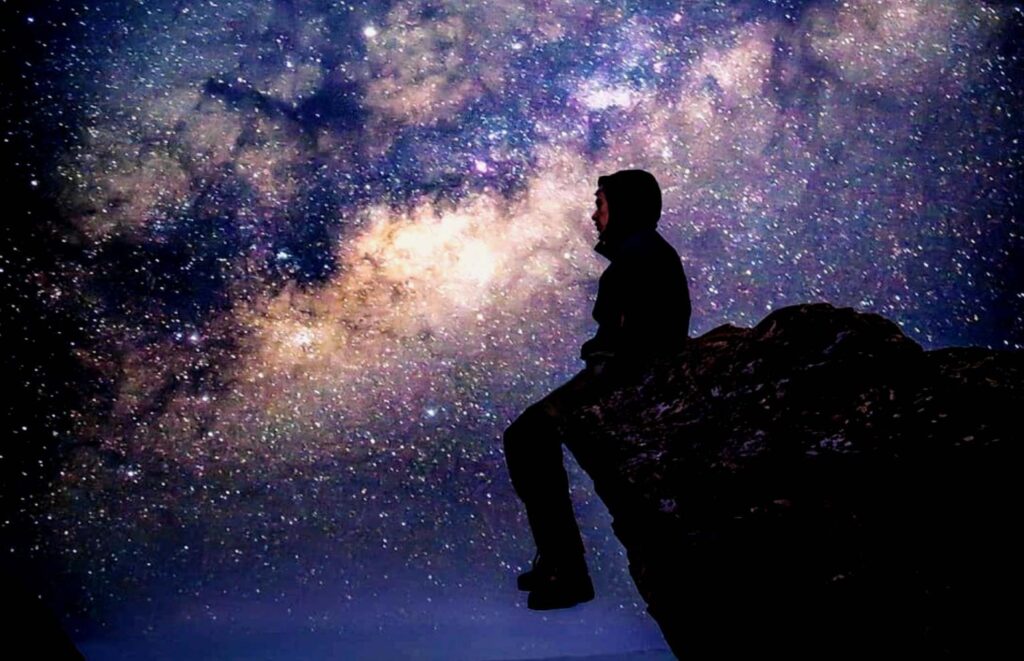
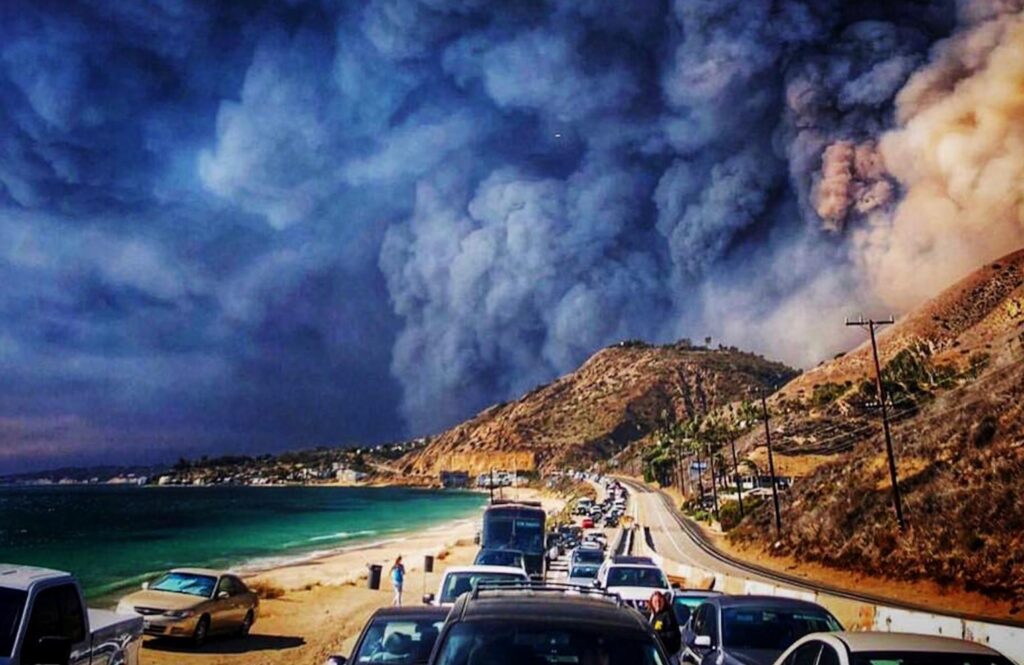
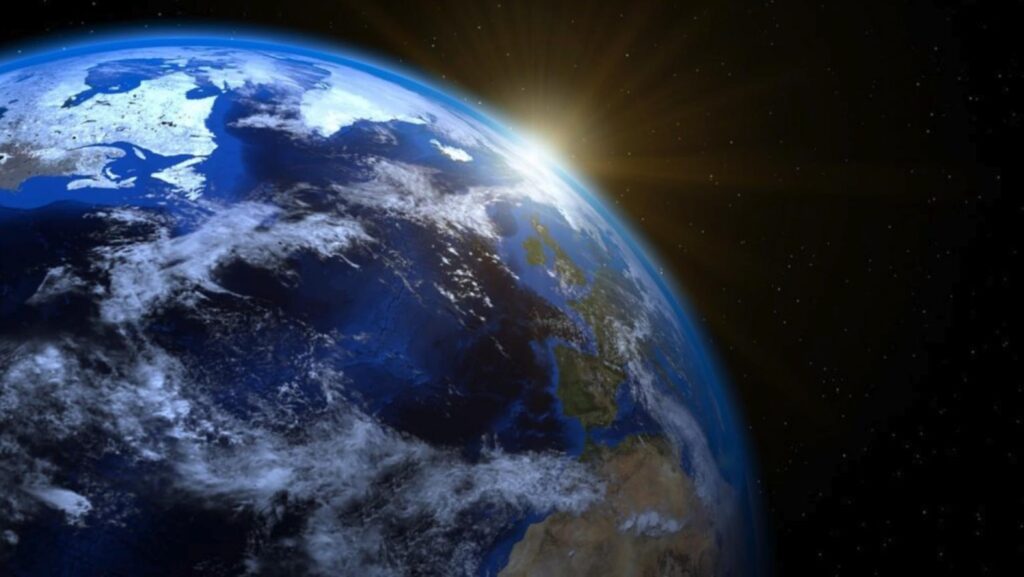

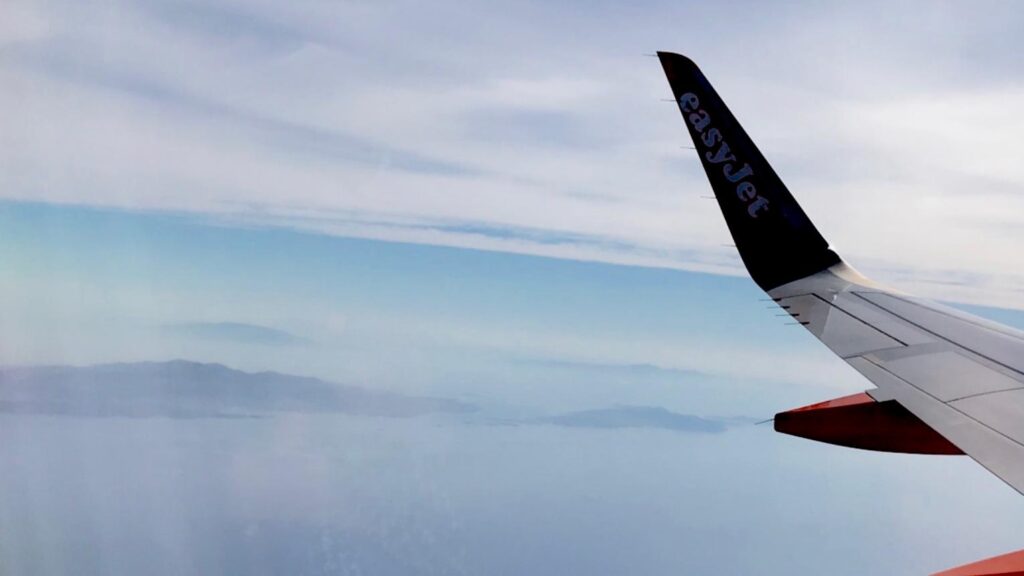



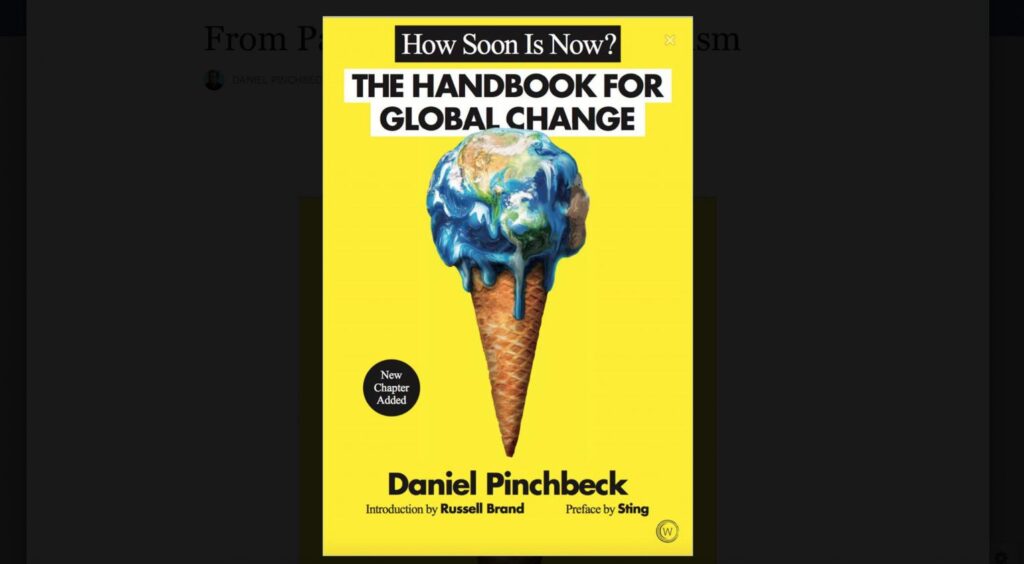
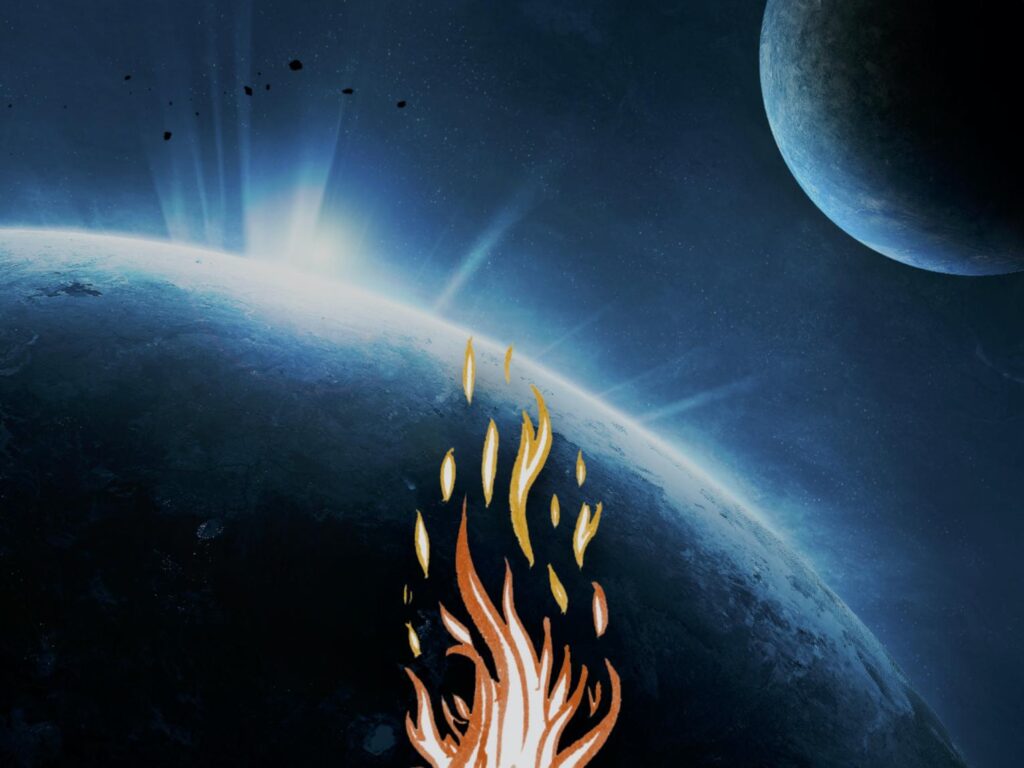


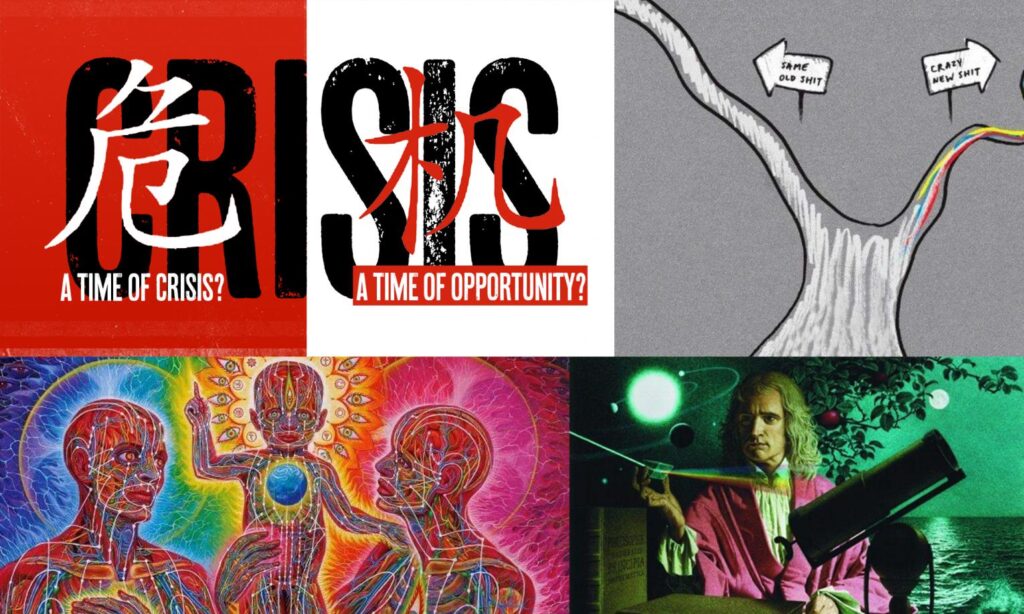
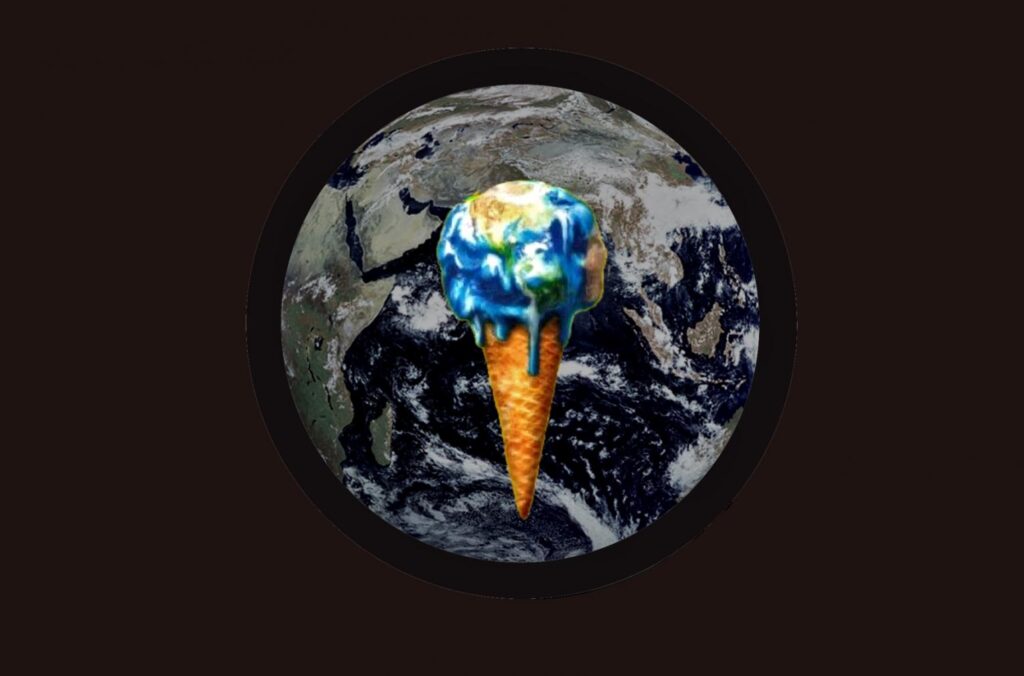
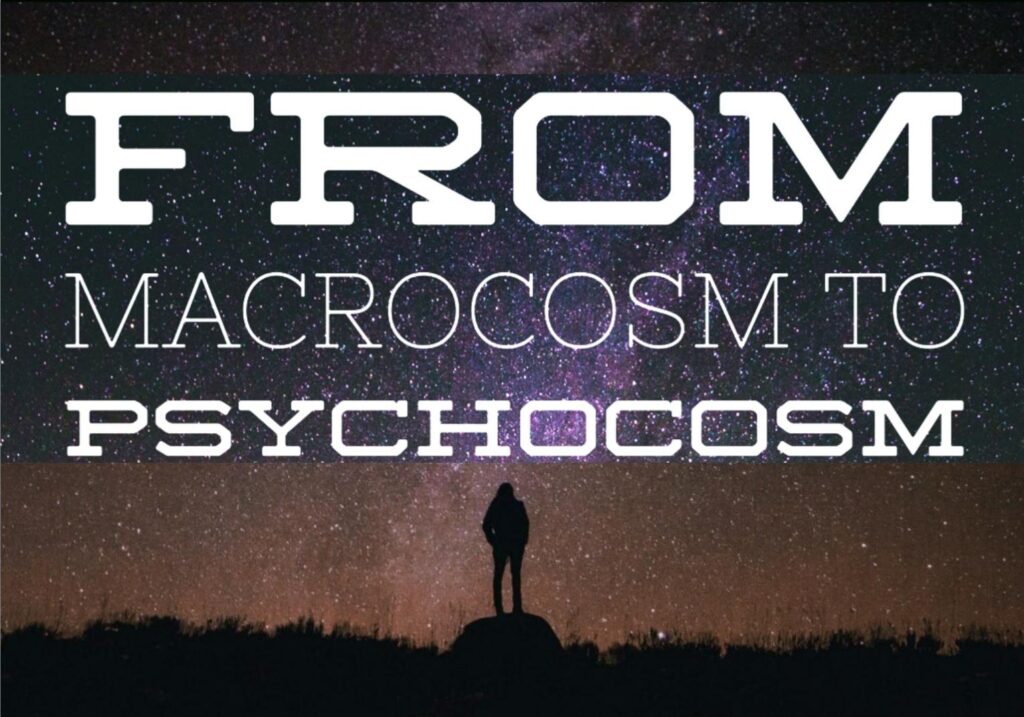

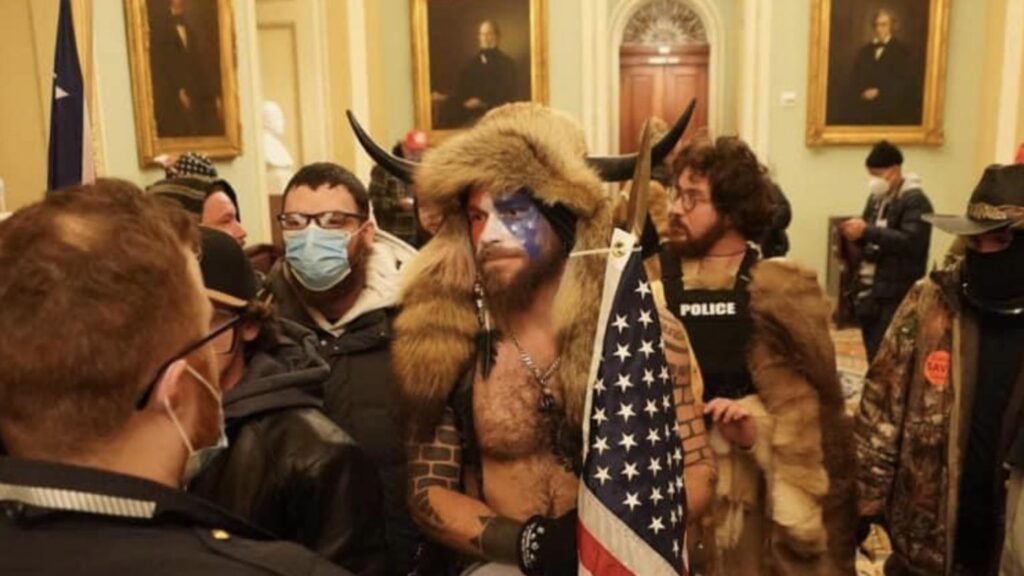
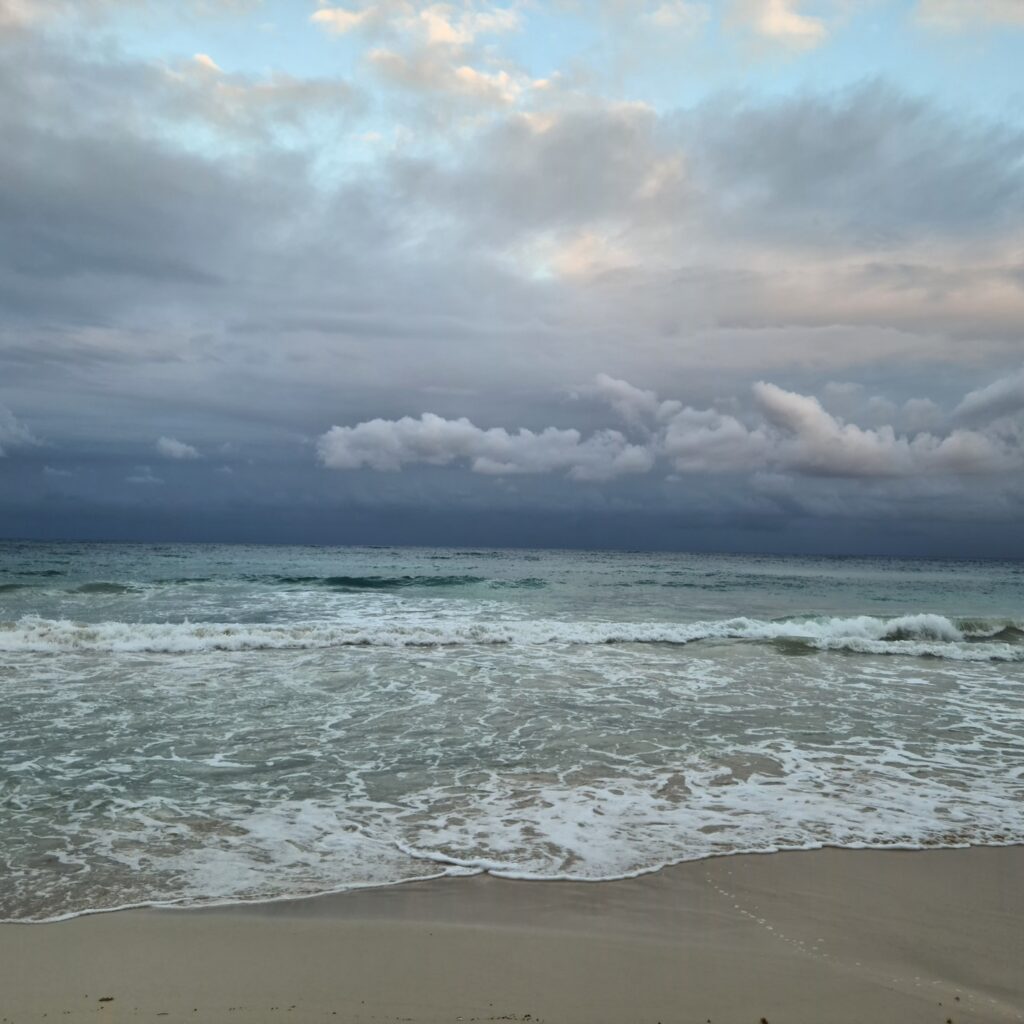
Responses